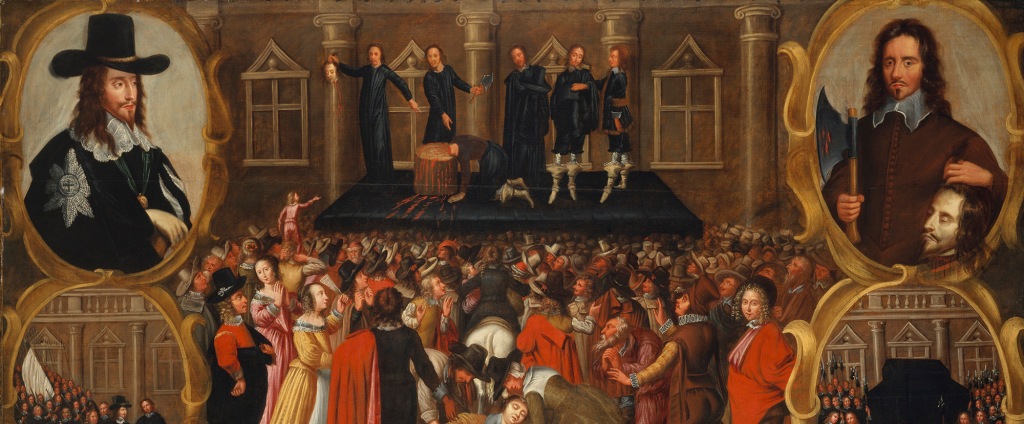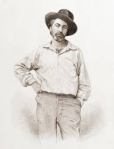
I read the odd news this week that someone had been arrested in Minneapolis for the 2005 theft of the famous ruby slippers from the Judy Garland Museum in Grand Rapids, Minnesota. The FBI recovered them in a sting operation last summer and is now charging a second person with the deed.
It’s weirdly reminiscent of the saddest scene in Raging Bull, when the retired boxing champion is so hard up for cash that he wrecks his championship belt to harvest the rhinestones from it. Only when he tries to pawn them does he learn that they’re not real gems, that his belt is only valuable as an artifact for collectors, not some raw material, and furthermore that he’s already seriously damaged that value by punching and twisting his belt.
Luckily the thieves hadn’t pulled the sequins off the slippers before trying to sell them, and the slippers have been returned. There is no place like home.
This all inspired me to take yet another look at The Wizard of Oz. I’ve written in the past about why I see it as not just one of Hollywood’s best films but a uniquely central American myth. This time, I must say, my companion was skeptical of my conceptualization, that the ruby slippers are an allegory for female sexual maturity.
There is one detail I had missed in the past, even when I was paying particular attention to Frank Morgan in his rapid-fire numerous roles in the Emerald City: gatekeeper, wagonmaster, herald, and (spoiler alert) the bogus wizard. As the wizard’s herald who tries turning Dorothy and her crew away, Morgan is holding a very Christian prop, a staff with flowers growing out of the end.

Joseph the father of Jesus – not the biological father, of course, but the man who made an honest woman of Mary, Saint Joseph the Worker – is usually portrayed in art as holding a staff with flowers sprouting out the end. The Polish nun who taught me second grade told the story like this: The men of Bethlehem all had to choose who would marry the pregnant Virgin Mary. So they went to the temple where each of them whacked sticks against the temple wall. Joseph refused at first because he felt he was too old to be a father. He finally relented, and beat his stick and alas, a flower burst out of the end.
Is that sexual, and more than a little odd? If you don’t think so, then you probably think a sixteen-year-old girl dressed like she’s 12 running through the woods with three adult men after tossing apples back at the tree of knowledge isn’t odd. No, not at all.





















